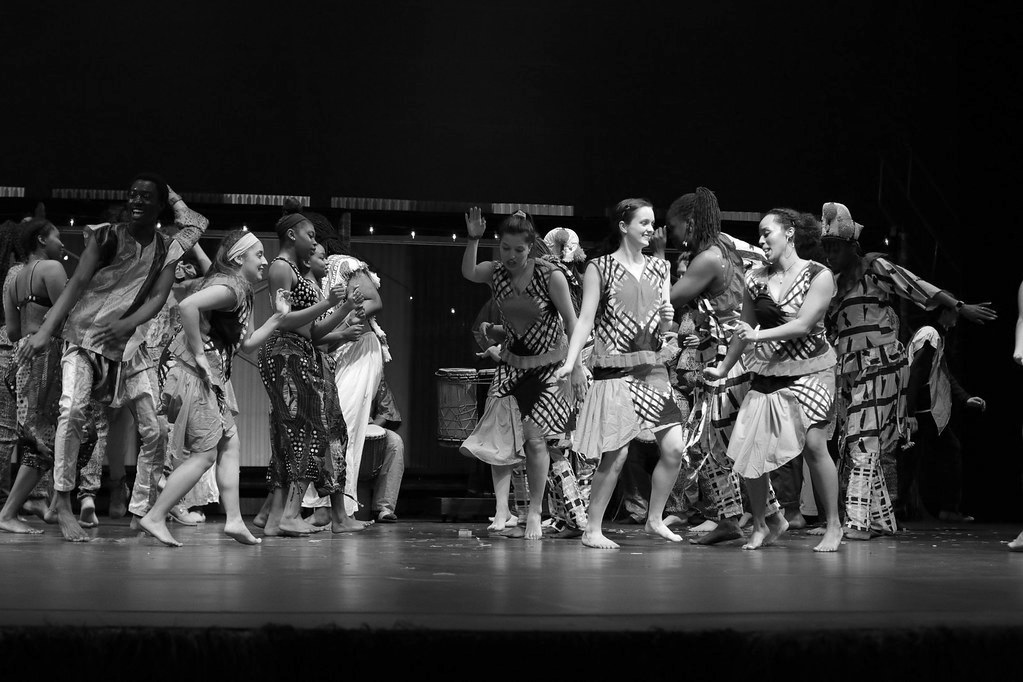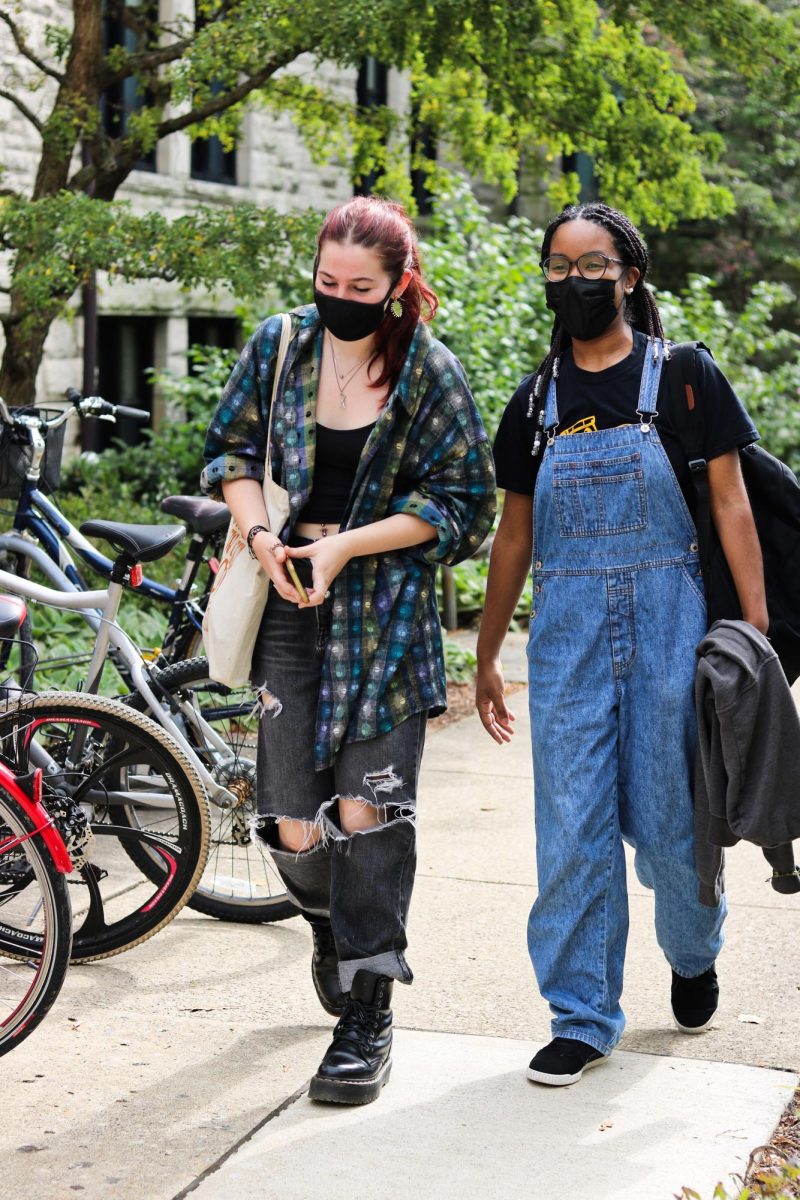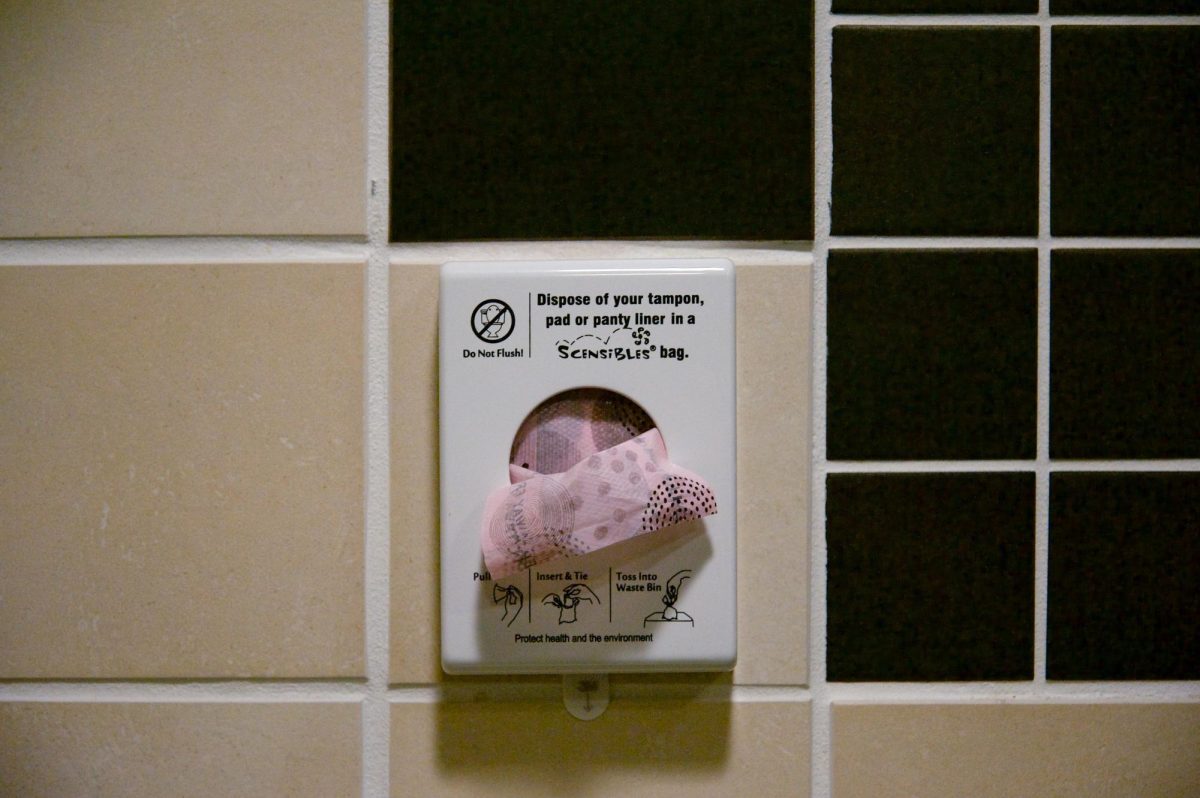I grew up in a household where The New York Times was read every Sunday and family dinners mostly consisted of conversations on the mayoral race, recent worldwide injustices, or an interesting op-ed. Having an understanding of current events, both specifically within our community and worldwide, was a basic expectation. I was incredibly surprised to come to Oberlin, an incredibly liberal college publicized to be a place with an active and political body, to find that few people had awareness or spoke about current events.
Attending a college that had a commitment to diversity and claimed to be engaged in social issues was very important to me. Part of the reason I chose Oberlin was its history of supporting marginalized communities. Oberlin College was the first college in the United States to grant undergraduate degrees in a coeducational program and the first college to admit non-white students. In many ways, Oberlin students do have extreme commitments to social issues and marginalized communities. There are over 20 student organizations dedicated to identity and 13 student organizations dedicated to politics and activism. In addition, any Oberlin student would tell you that there are countless events each week on campus, many of which revolve around global and local politics and activism. Despite this, I know few Oberlin students who read the news and, while I have had many conversations with students revolving around issues of diversity and inclusion at Oberlin College, I have scarcely had dialogues on everyday political events. In addition I have found that we often congratulate ourselves for being socially and politically engaged when, as individuals privileged enough to gain this education, it is in no way something that makes us impressive.
I believe there are many reasons for this lack of conversation surrounding current events among Oberlin students. The decline of local news outlets has been an issue for decades, especially among the Gen Z population. While it is false to say that younger people solely get their news from social media outlets, the American Press Institute in 2022 found that the main source of news for Gen Z and Millennials is social media. Social media in many ways can be an extremely valuable tool to spread information on politics and current events; however it can also lack in-depth analysis on opinions and global issues. The lack of young people across the globe interacting with traditional and local news outlets is surely an aspect to the problem of Oberlin students’ lack of knowledge around current issues.
There is also the issue of the sheer amount of involvement Oberlin students have. I am a subscriber to The New York Times, The Atlantic, and The Wall Street Journal; however, with all my academics, extracurriculars, and readings, finding time to keep up with the news is extraordinarily challenging. I am in no way the only student overwhelmed by academics and extracurriculars; we are a student body who loves to be a part of an unbearable number of organizations and course overload. While this can be a fantastic thing, it also means that in our spare free time we most likely will not dedicate our time to reading the news.
However, I think the most pressing and truthful reason Oberlin students have a lack of awareness and discussions surrounding current events is we are a population that enjoys to center ourselves in the issues most pressing in our world. Oberlin is an incredibly privileged student body: it’s predominantly white and extremely wealthy. An aspect of privilege is that it causes one to think most about one’s own position in the world. This can be incredibly true for Oberlin students.
While, as I stated earlier, I have rarely had discussions around current events, I often have overheard and had discussions over the ways Oberlin College mistreats the student body’s marginalized communities. This is something Oberlin students too often congratulate ourselves for, when as individuals privileged enough to gain this education it is in no way something that makes us impressive. Also a problem in these discussions, is that while they are not inherently wrong or unnecessary, there is a level in which we care about these issues because we connect to them. To have a discussion around, say, the devastating floods in Libya, takes a desire to talk about political issues that may not have an impact on ourselves. In addition, it takes a desire to educate ourselves on issues that may not relate to our academics, extracurriculars, or personal identities. Lacking knowledge of political and current events unrelated to ourselves renders us unable to have a true understanding of social and political issues. In addition, we do not stay true to our values of wanting to better our society, and supporting marginalized communities.
It is easy for students to say they defend disenfranchised communities, are anti-capitalist, and fight against systems of oppression. These are beliefs that align with the majority of the Oberlin student community’s moral compass. To have a true understanding of what it means to be disenfranchised and how the systems of oppression function we have to understand them beyond our community which unfortunately means spending even more time reading. I encourage all the students reading this article, to read another, or maybe even listen to The Daily — and try not to pat yourself on the back for doing it.





